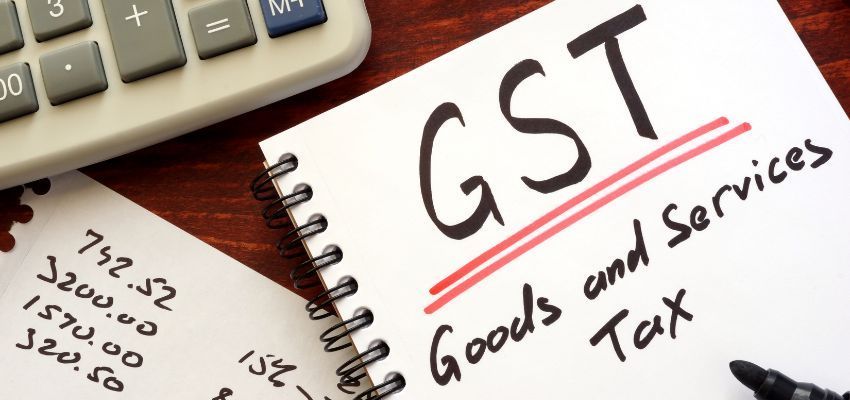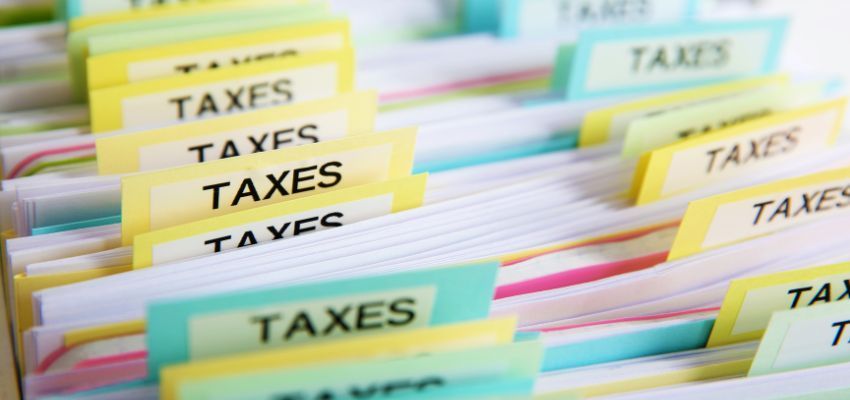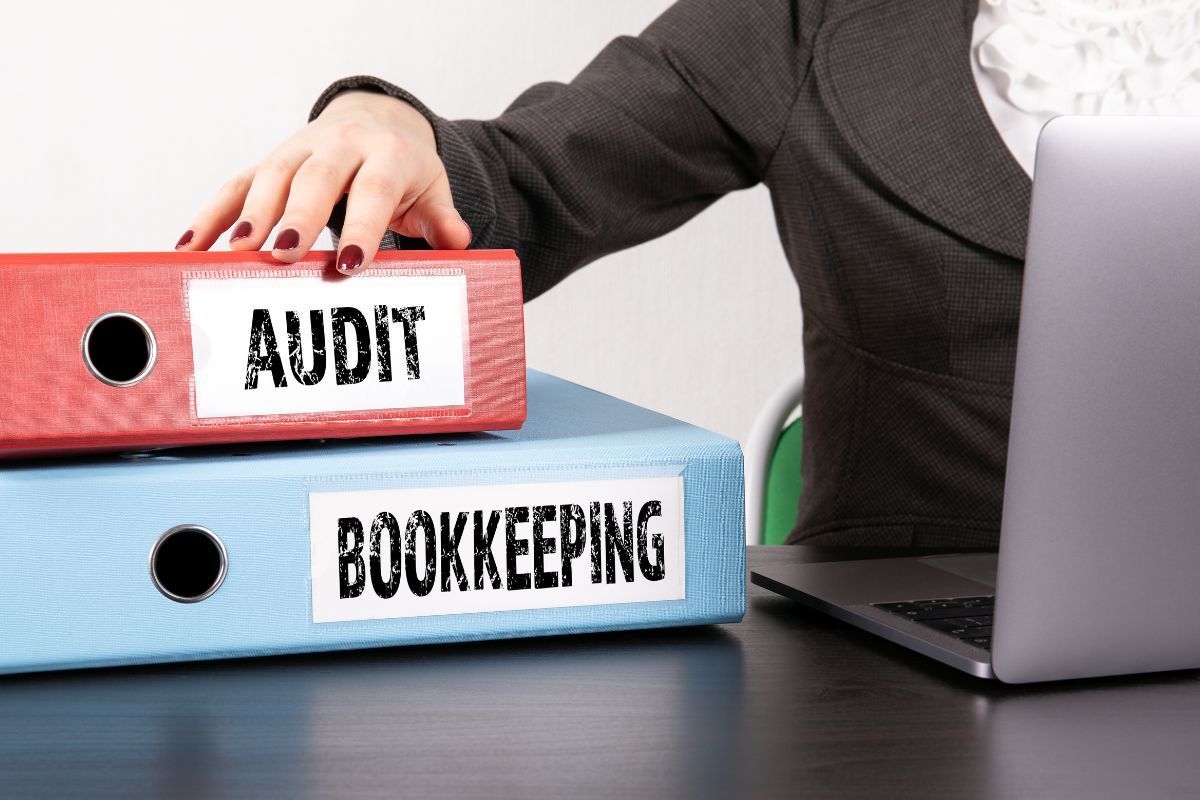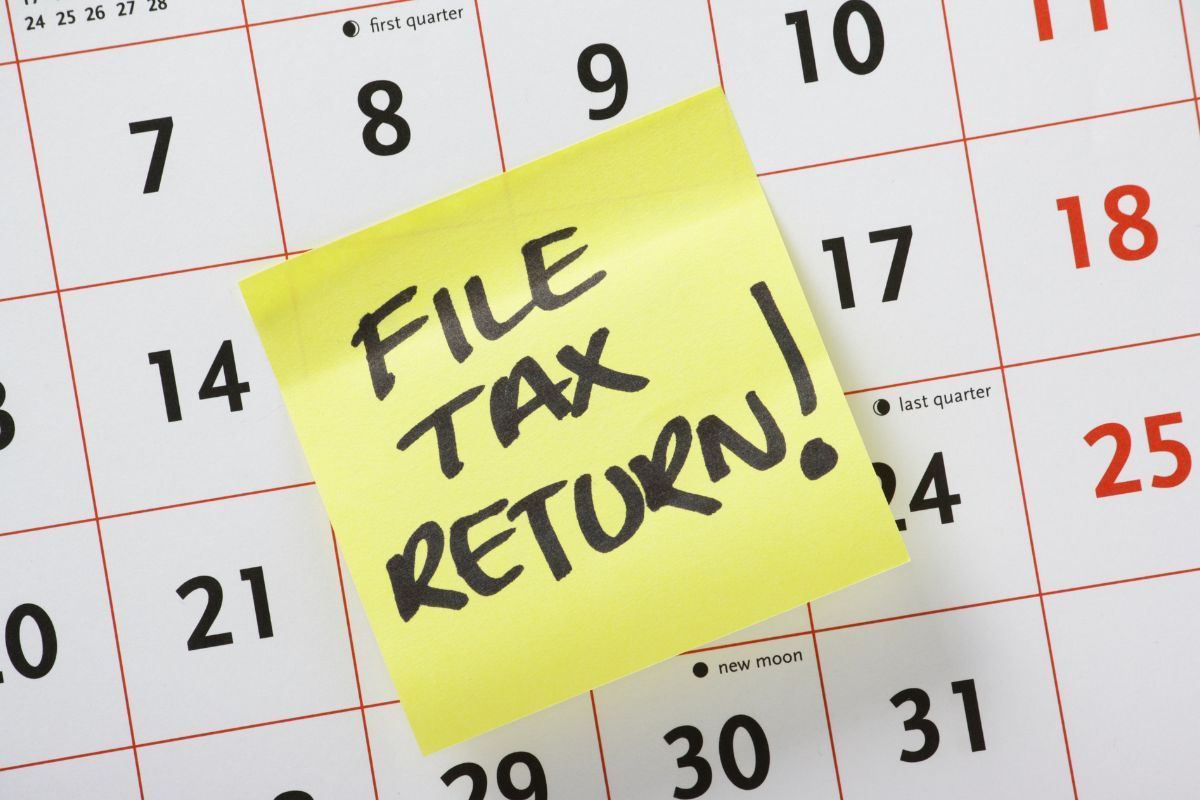Tax Preparation For Businesses In Canada: Best Practices
Taxes can make or break your business. In Canada, proper tax preparation isn't just a task—it's a necessity. For small businesses and growing companies, missing tax deadlines can be costly. It can lead to penalties and missed savings opportunities. Focusing on tax preparation for businesses Canada ensures compliance, protects your bottom line, and keeps your business thriving.
In this article, we’ll explore the best practices for tax preparation for businesses Canada. We'll also cover the basics to keep your business financially strong and ready to thrive.
Importance Of Tax Preparation For Businesses In Canada
Tax preparation isn't just an annual task. It's a continuous process vital to the financial health of your business. In Canada, the tax system, overseen by the Canada Revenue Agency (CRA), sets specific requirements for businesses of all sizes and types. Poor tax planning can lead to costly penalties. Failing to comply with regulations may result in interest charges or audits.
Prioritize adequate tax preparation to reduce risks. Maximize your eligible deductions and stay compliant with CRA standards. Keep your business financially secure.
Understanding Business Taxes In Canada
Managing business taxes effectively begins with a solid understanding of Canada's tax system. Here's what you need to know to navigate the process with confidence.
Business Structures And Their Tax Implications
The type of business structure you choose has a significant impact on how taxes are filed and paid:
- Sole Proprietorship: Profits are reported on your personal income tax return and taxed at individual rates.
- Partnership: Each partner declares a portion of their income on their personal tax return.
- Corporation: Corporations are taxed separately. They file their tax returns with profits taxed at corporate rates. Dividends received by shareholders are also subject to personal taxation.
Federal Vs. Provincial/Territorial Taxes
In Canada, businesses must pay federal and provincial/territorial taxes. The federal government sets a base corporate tax rate, and provinces and territories can add more taxes. Rates vary by location and industry, so it's important to know your region's specific tax rules.
Starting in 2025, the federal corporate tax rate will stay at 15%. This applies to active business income without additional incentives. A base federal rate of 28% applies, reduced by 13% for eligible income, resulting in the standard 15% rate.
The Function Of The Canada Revenue Agency (CRA)
The CRA manages business tax requirements like corporate income tax, GST/HST, and payroll deductions. It's essential to understand their guidelines. Staying compliant will help you meet your tax responsibilities.

Essential Tax Requirements For Canadian Businesses
Navigating tax obligations is a critical part of successful tax preparation for businesses Canada. Keeping up with deadlines, deductions, and compliance ensures you avoid penalties and keep your operations running smoothly.
Registering For A Business Number (BN) And Tax Accounts
Every Canadian business must register for a Business Number (BN), which the CRA provides. Depending on your operations, you may also need to set up specific tax accounts, such as GST/HST, corporate income tax, or payroll accounts.
Key Tax Obligations For Canadian Businesses
- Corporate Income Tax (T2 Return). All incorporated businesses must file a T2 Corporate Income Tax Return annually, even if no taxes are owed. Filing ensures full compliance with corporate tax regulations. Corporations must file their T2 tax return within six months of their fiscal year-end.
- Goods and Services Tax/Harmonized Sales Tax (GST/HST). If your business earns over $30,000 in taxable revenue annually, you must register for GST/HST. This involves collecting customer tax and ensuring timely remittance to the CRA.
- Payroll Deductions. As an employer, you are responsible for deducting and remitting Canada Pension Plan (CPP) contributions, Employment Insurance (EI) premiums, and income tax. These amounts must be remitted from your employees' paychecks.
- Industry-Specific Taxes. Some industries, such as excise taxes or carbon levies, face additional tax obligations. To stay compliant, know the regulations in your sector and understand the specific tax requirements for your business. The mineral exploration tax credit has been adjusted for two more years. This 15% tax incentive applies to investors in flow-through shares of smaller mining companies.
Best Practices For Streamlined Tax Preparation
Tax season doesn't have to be stressful. By following these proven strategies, you can simplify the process and stay on top of your financial responsibilities:
Maintain Accurate Financial Records
Maintain thorough recordings of all income and expenses, including supporting documents like receipts and invoices. To stay compliant with CRA regulations, it's recommended that you retain these records for at least six years.
Keep Business And Personal Finances Separate
Open a business bank account to keep your finances organized. It simplifies tax preparation and avoids complications.
Maximize Efficiency With Accounting Tools And Expertise
Streamline your bookkeeping and tax management with user-friendly accounting software like QuickBooks or Wave. For added accuracy and peace of mind, partner with a professional accountant to handle the finer details with expertise.
Identify Deductible Expenses
Find eligible deductions, including office supplies, rent, utilities, travel, and home office expenses, to save on taxes. Thorough and accurate documentation ensures compliance while optimizing returns.
Keep Up With Tax Policy Changes
Tax laws are constantly changing, making it vital to stay informed. Stay ahead by checking CRA updates regularly. Seek guidance from a tax professional. Discover new opportunities and meet your obligations with confidence.
Tax Deductions And Credits For Canadian Businesses
Tax deductions and credits help Canadian businesses save on taxes. They can reduce taxable income or lower taxes owed. Knowing which incentives apply is key to boosting profits. This is applicable to both small businesses and large-scale companies.
Key Business Tax Deductions
Businesses can lessen their taxable income by claiming deductions for eligible operating expenses. Examples include employee salaries, advertising costs, vehicle expenses, and office supplies. Properly tracking and categorizing these expenses can significantly decrease your tax liability.
Tax Credits For Businesses
Tax credits offer additional opportunities to reduce your overall tax bill. The Scientific Research and Experimental Development (SR&ED) tax incentive financially rewards businesses investing in innovation and research. Leveraging these credits can make a meaningful difference to your bottom line.
To maximize deductions and credits, ensure expenses are directly tied to your business and keep accurate documentation. Optimizing your tax strategy can lead to big savings and financial success.
Staying On Top Of Tax Deadlines To Avoid Penalties
Meeting tax deadlines is essential to avoid penalties, interest charges, and compliance issues. Understanding key dates and preparing in advance can save time, money, and unnecessary stress.
Important Tax Deadlines
- Personal Tax Returns for Sole Proprietors and Partnerships: The filing deadline is June 15, but any taxes owed must be settled by April 30 to avoid interest charges. Late filings may still incur penalties, even if your taxes are fully paid.
- Corporate Tax Returns (T2): Corporations are required to file their T2 tax return within six months of the end of their fiscal year.
Missing these deadlines can lead to costly late fees and interest. To stay organized, consider setting calendar reminders or using accounting software.
Quarterly Installments For Corporations
If your business owes more than $3,000 in taxes, the CRA may require quarterly installment payments. Planning and budgeting for these payments can help maintain cash flow and prevent penalties.
What To Do In Case Of A CRA Audit
Are you facing an audit? Stay calm and provide the requested documentation. A Chartered Professional Accountant (CPA) can guide you through the process. They ensure everything is handled smoothly and professionally.
The CRA has announced relief from late-filing penalties and arrears interest for 2025. Impacted T1 Individual filers have until June 2, 2025, while impacted T3 Trust filers are granted relief until May 1, 2025.
Digital Tools And Resources For Tax Preparation In Canada
Filing taxes in Canada can be daunting, but digital tools and resources are making the process more manageable. Intuitive tax software and government platforms make filing easier, help maximize deductions, and ensure accuracy.
Top Accounting And Tax Software
Platforms like TurboTax, QuickBooks, and Wave simplify tax preparation. They offer automated calculations and user-friendly dashboards. These features save you time and effort.
CRA Online Services
The Canada Revenue Agency's My Business Account portal enables businesses to file taxes, check account balances, and communicate directly with the CRA. Additionally, the Represent a Client tool is ideal for those working with accountants or tax professionals.
Educational Tax Resources
The CRA helps businesses understand their tax responsibilities. It offers free workshops, webinars, and detailed guides. Maximizing these resources can help you stay informed and compliant.

Frequently Asked Questions
What taxes do businesses in Canada need to pay?
Businesses in Canada are generally required to pay corporate income tax and GST/HST and remit payroll deductions for their employees. Depending on the nature of the business, additional industry-specific taxes may also apply.
How do I register for a Business Number (BN)?
Registering for a Business Number (BN) is quick and straightforward. You can complete the process online through the CRA website or by contacting them by phone.
What expenses can I deduct as a business owner?
Business owners can deduct many expenses. These include rent, utilities, office supplies, advertising, and employee salaries. These deductions can help lessen your taxable income, making them a valuable financial tool.
Should I hire a tax accountant or use tax software?
The choice between hiring a tax accountant or relying on software depends on the complexity of your business. Small businesses often use tax software as a cost-effective solution. Larger or more complex companies may prefer a professional accountant for tailored advice. Professional tax filing services from reputable companies including Adil CPA gives you peace of mind and confidence in handling your finances.
Smart Tax Preparation: A Key To Business Success In Canada
Tax preparation for businesses Canada doesn't have to be stressful. Understand Canadian tax laws and stay organized. Use the right tools and seek professional help when needed. This keeps your business compliant and unlocks financial benefits. Smart tax planning brings peace of mind and supports long-term economic stability. Embrace these best practices now to position your business for success.
Want more information?
Richmond Hill, ON
Calgary, AB
Vancouver, BC
Ottawa, ON
Winnipeg, MB
Hamilton, ON
Halifax, NS
Mississauga, ON
Toronto, ON
Brampton, ON
Oakville, ON
Milton, ON
Markham, ON
Vaughan, ON



